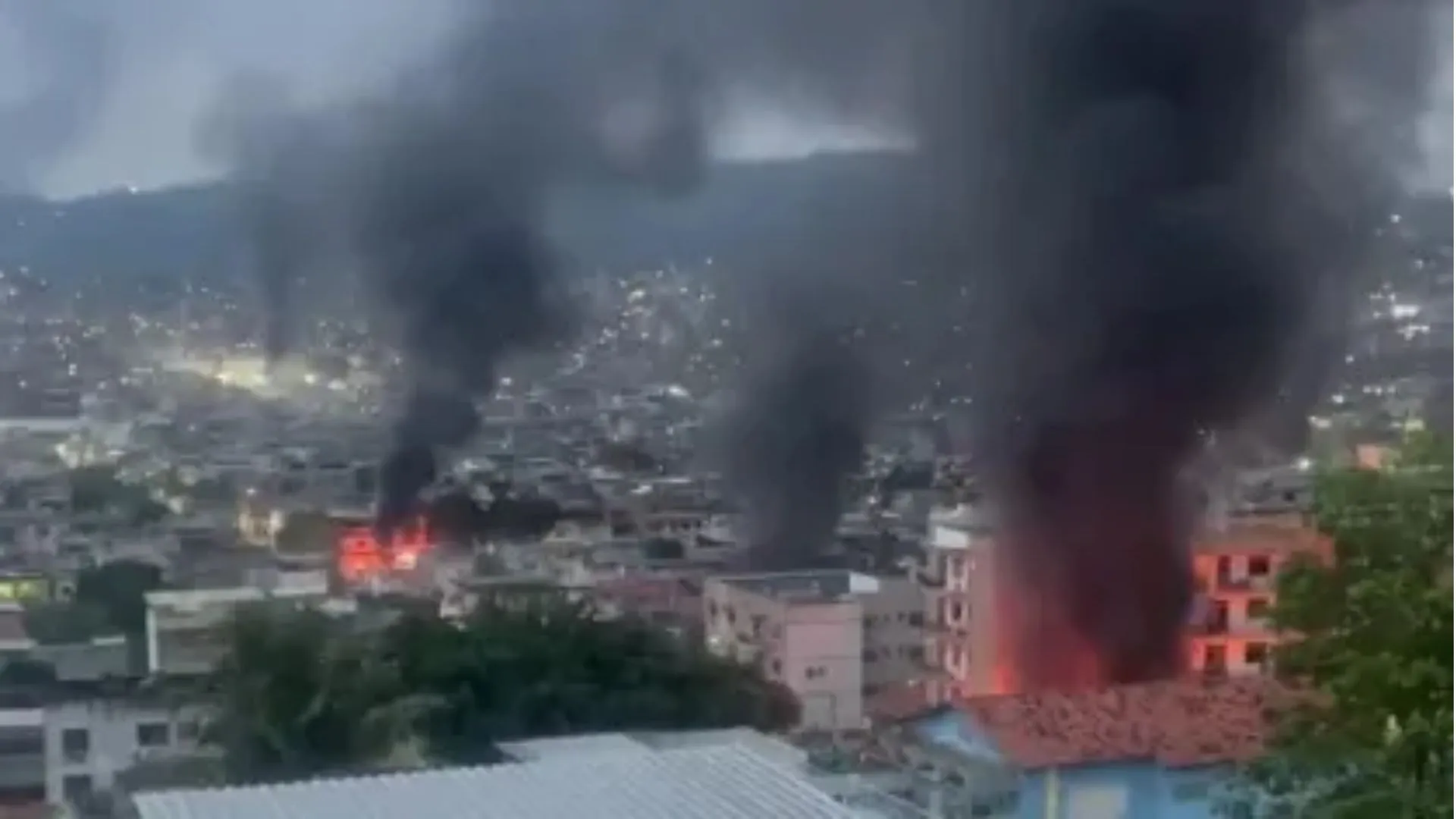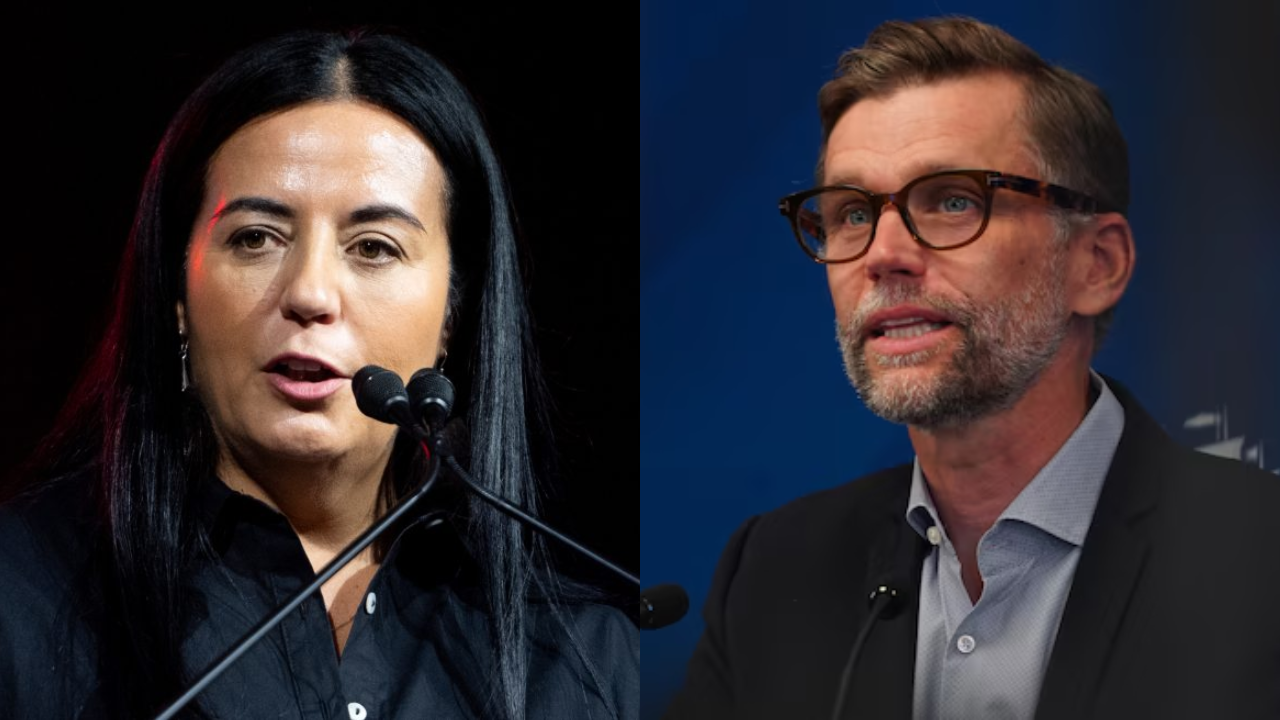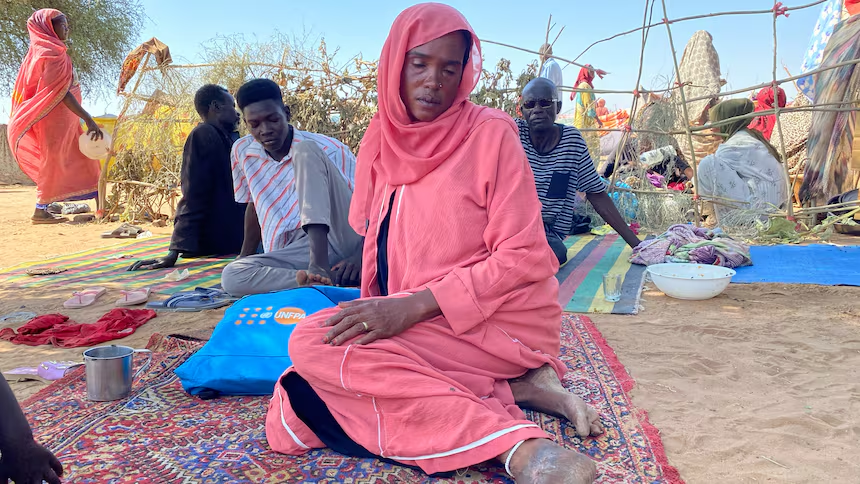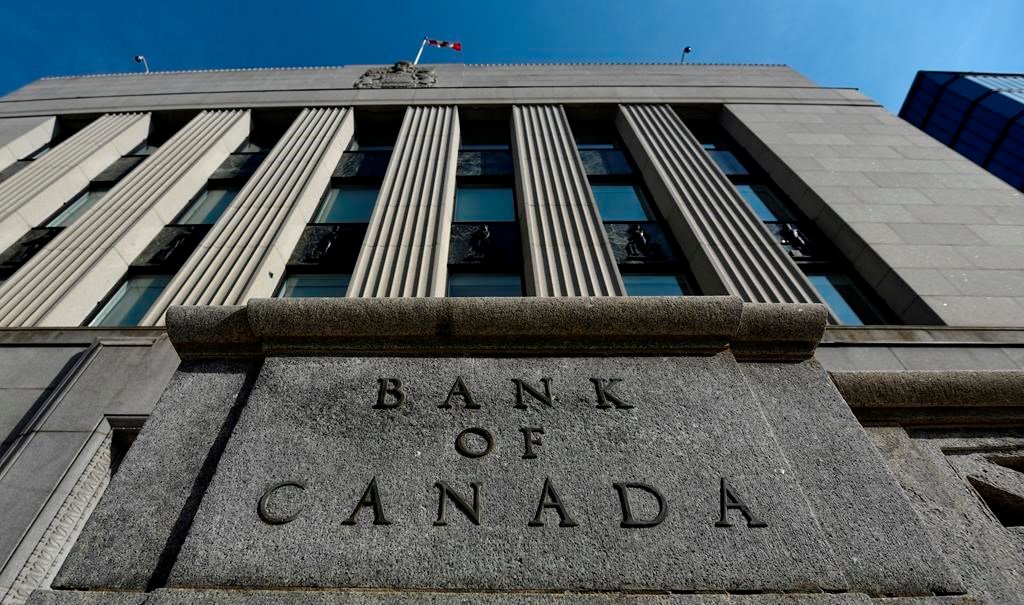In an operation targeting the Comando Vermelho in the Complexo do Alemão and the Complexo da Penha, the result stunned even seasoned observers: at least 60 criminals killed and unfortunately four police casualties.
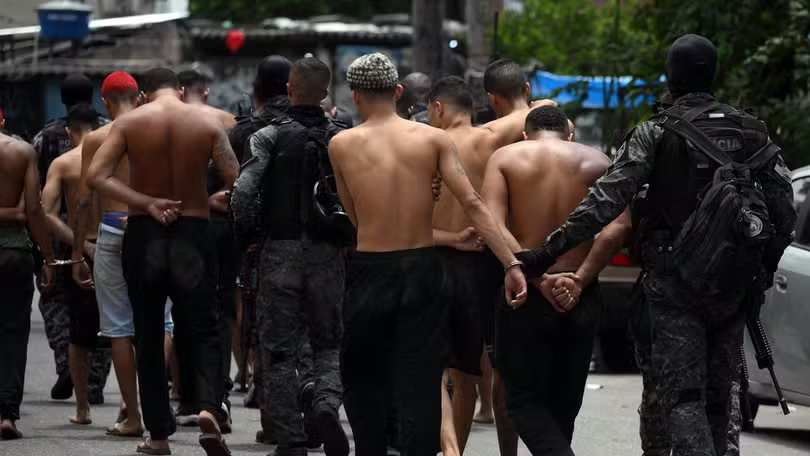
Police Achievement: Decisive Confrontation with Drug Faction
Rio’s law enforcement agencies assembled more than 2,500 officers to execute hundreds of arrest warrants across twenty-six communities.
The traffickers responded with fierce resistance—erecting barricades, launching grenades and even using drones to drop explosives. Despite that, the police pressed forward and neutralized a large cache of armaments, demonstrating operational planning, discipline and resolve.
The operation came at a moment of acute urgency. The Comando Vermelho had expanded its territorial reach and logistics deep into these zones, threatening both police safety and community security.
In confronting such heavily-armed insiders, Rio’s police displayed skill and coordinated execution rarely seen.
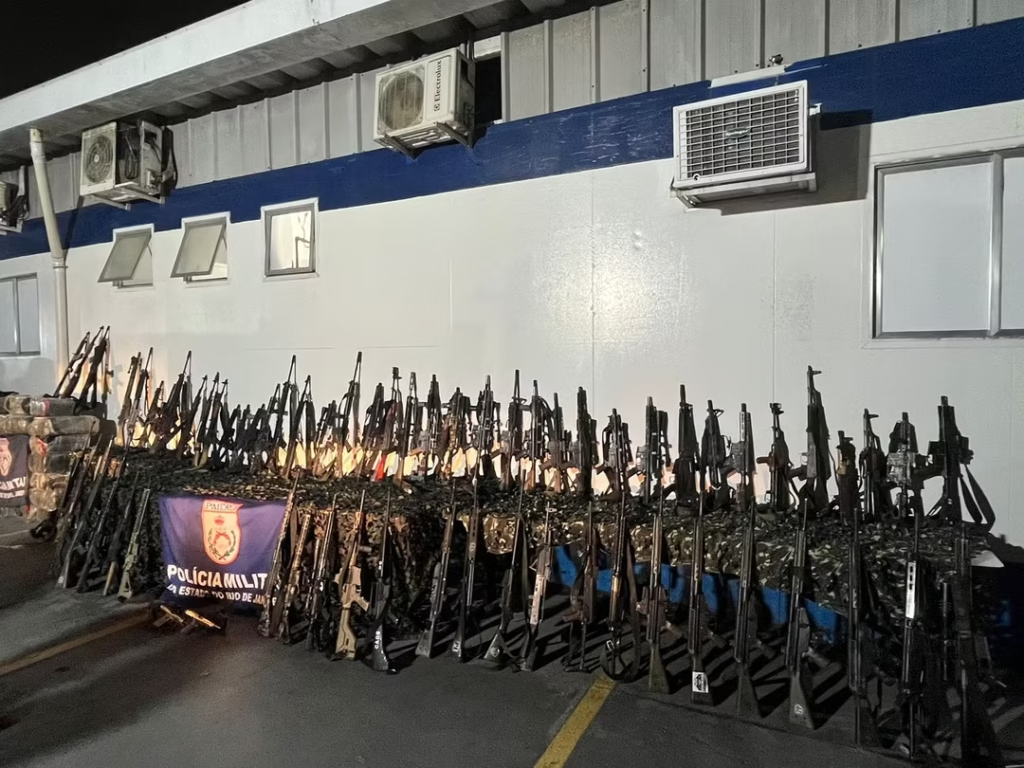
Federal Denial: A Sharp Contrast in Support
Only hours after the operation’s success, controversy surfaced. Ricardo Lewandowski, Brazil’s federal Justice Minister, publicly stated he had received no request for federal assistance from Rio’s governor.
At the same time, the state government produced at least three official letters sent earlier in the year that requested logistical aid, armoured vehicles and national-force reinforcements.
One such letter, dated February 5 2025, formalized the ask for partnership. According to the state, each request was refused with changing justifications. “Every day there was a new reason not to help” reported the governor.
The contradiction between federal denial and state documentation highlights a rift in the country’s crime-fighting framework.
For Rio de Janeiro’s police, the scale and success of the operation affirm their capacity to lead in high-risk environments. They managed the planning, execution and aftermath under extreme stress.
Equally, the stark lack of federal clamp-on support raises questions about national responsibility in combating organised crime.
In practical terms, state teams shouldered major costs and risks. Without external resources, the achievement becomes even more significant. On the flip side, the federal position—whether through omission or refusals—casts shadows over coordination and shared burdens.
Impacts and Ramifications
- Strengthened Police Credibility: Rio’s law-enforcement agencies now present themselves as capable of handling major criminal threats alone.
- Political Fallout: Discrepancies between state and federal narratives deepen mistrust across government levels and may affect future budgets or shared operations.
- Community Implications: Residents in heavily-impacted favela zones witnessed intense violence; police promise follow-through on rebuilding trust, restoring services and preventing retaliation.
- Organised Crime Disruption: For the Comando Vermelho, the scale of arrests and kills sends a message—but also raises the risk of backlash, fragmentation or relocation of criminal activity.
What Comes Next
Following the operation, Rio’s governor is seeking broader support and renewed dialogue with the federal government. The state has emphasised that future efforts will require equipment, intelligence sharing and national resources to match the scale of criminal operations.
Meanwhile, internal investigations and oversight mechanisms are likely to monitor police conduct given the number of casualties.
On the federal side, the ministry may re-evaluate requests from states, but analysts point out that trust has been damaged. Without quick and transparent responses, future cooperation may falter.
In summary, while the police forces in Rio de Janeiro delivered a major tactical victory against organised crime, the episode also exposed critical fissures in Brazil’s broader security architecture. The bold action deserves recognition—but seconded support remains essential for it to translate into long-term improvement.




